Publications
Articles, publications, books, tools and multimedia features from the U.S. Institute of Peace provide the latest news, analysis, research findings, practitioner guides and reports, all related to the conflict zones and issues that are at the center of the Institute’s work to prevent and reduce violent conflict.

Dean Cheng on U.S.-China Tensions Over Taiwan
With both U.S.-China and Taiwan-China relations at low points, the United States needs to maintain unity among its multilateral partnerships, says USIP’s Dean Cheng: “China loves to play bilateral games … because 1.3 billion people in the second largest economy gives them a lot of power and influence.”

Brazil’s Economic Ties with China Flourish Despite Political Shifts
Much has been said about how Luiz Inácio Lula da Silva’s third presidency will move Brazil closer to China. Brazil is China’s most important trading partner in South America, and a new agreement to conduct bilateral commerce in their respective currencies rather than the U.S. dollar is expected to further boost bilateral trade. Strengthening China-Brazil relations, especially in the areas of trade and investment, will be at the top of the agenda when Lula meets Chinese President Xi Jinping in Beijing on April 14.
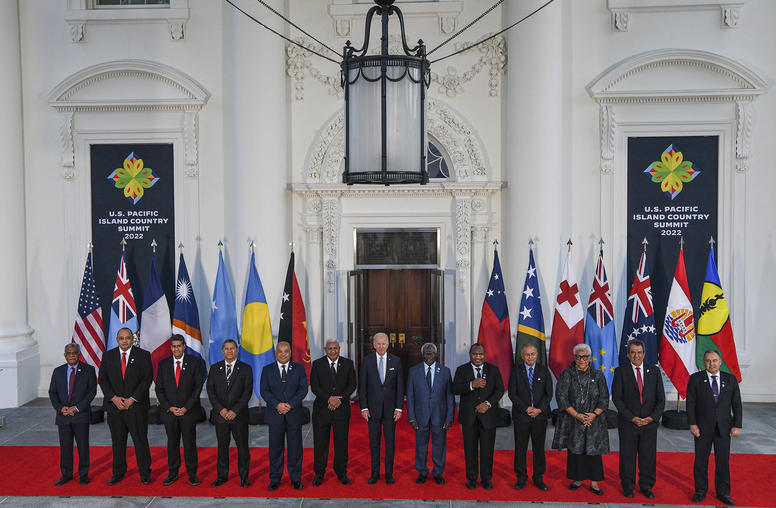
Six Months in, Where Does the U.S.’ Pacific Islands Strategy Stand?
In September 2022, the United States announced the Pacific Partnership Strategy, its first-ever roadmap for the region, amid increasing geopolitical competition between China and the United States and its partners. However, the strategy only makes one reference to Beijing — most of the text details how Washington will tackle the challenges that have been identified as priorities by the Pacific Island countries themselves, especially the climate crisis. This reflects the U.S. government’s understanding that, while some regional leaders have expressed their own concerns about China, Pacific Island countries want Washington to engage with them for their own sake, not just to counter Beijing.
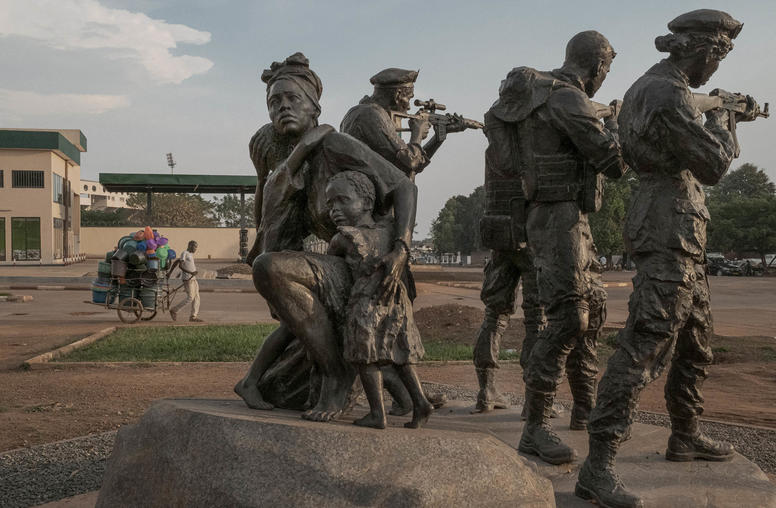
In Africa, Here’s How to Respond to Russia’s Brutal Wagner Group
The United States is rightly concerned at the growing role in Africa of Russia’s Wagner Group, which operates as an auxiliary of President Vladimir Putin’s authoritarian regime. Where African governments have asked Wagner for security assistance, the group deploys military, economic and political interventions that deepen violence, corruption and authoritarian governance. Wagner’s role disrupts Africans’ efforts to move their countries from violent conflict to stability. Yet many Western responses are ineffective, even playing into Kremlin messaging to Africa and the Global South. An effective alternative requires that we listen to Africans’ voices and respond based on our shared values.
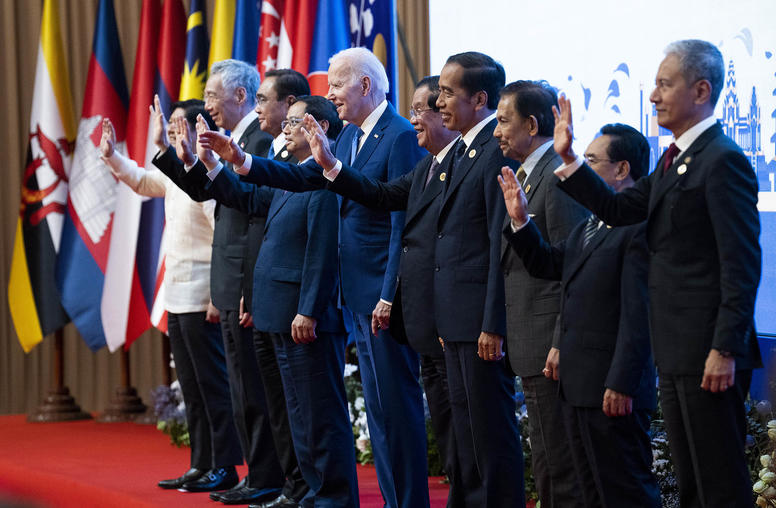
U.S.-China Rivalry: The Dangers of Compelling Countries to Take Sides
As the U.S.-China rivalry intensifies — with some speculating a new Cold War is in the offing — many Asian countries are looking on with concern. If Washington seeks to maintain its role as a global leader, it should be judicious in how it contests Chinese influence in Asia, which seems likely to be the key battleground of the new Sino-American rivalry. The United States must understand that Asian countries do not want to be forced to constantly manage competing pressures from superpowers. Cold War-era Sino-American competition demonstrates that forcing Asian countries to choose sides can ultimately be counterproductive and undermines one of the United States’ chief attributes in this global competition.
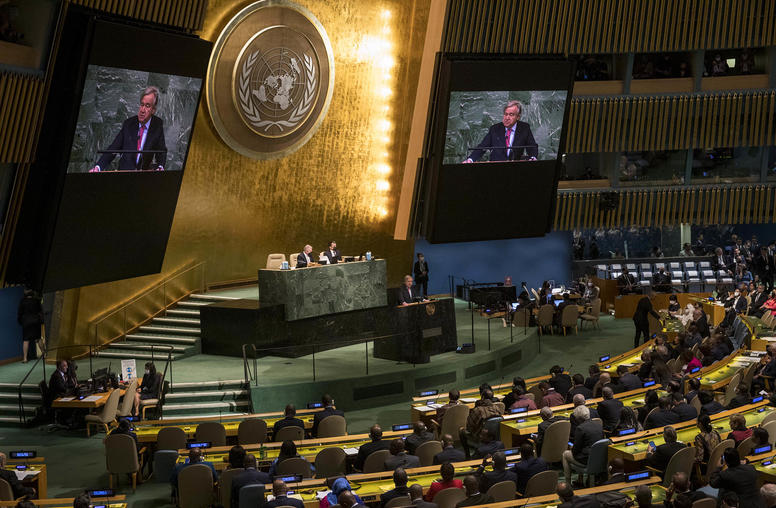
Positivism for Peace: Reforming the International System
Among many insightful and concerning points raised by the U.S. intelligence community’s 2023 threat assessment, it notes that "great powers, rising regional powers, as well as an evolving array of non-state actors, will vie for dominance in the global order … [and] compete to set the emerging conditions and the rules that will shape that order for decades to come.” China’s efforts to supplant U.S. dominance of global governance, along with divisions in the international community over the war in Ukraine have brought to the fore questions over the utility and viability of today’s international order.
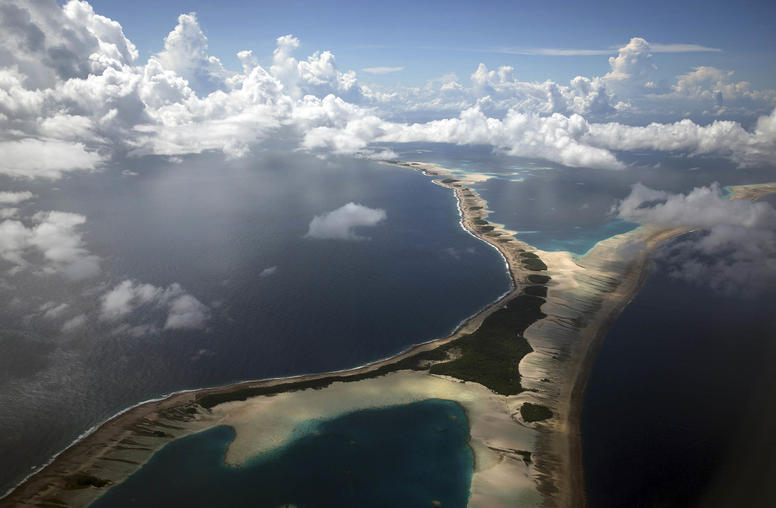
Taiwan and the United States Share Key Interests in the North Pacific
In September 2022, USIP published a report on “China’s Influence on the Freely Associated States of the Northern Pacific,” which consist of the Federated States of Micronesia, the Republic of the Marshall Islands and the Republic of Palau. “China’s engagement in these countries threatens [U.S.] interests both locally and in the broader Pacific region,” said the preface to the report, which makes the case that strengthening U.S. relations with the Freely Associated States (FAS) is essential to secure U.S. interests and prevent China from increasing its influence in the region. This Senior Study Group report largely focuses on the interests of the United States, China and the FAS, but also has significant implications for Taiwan.
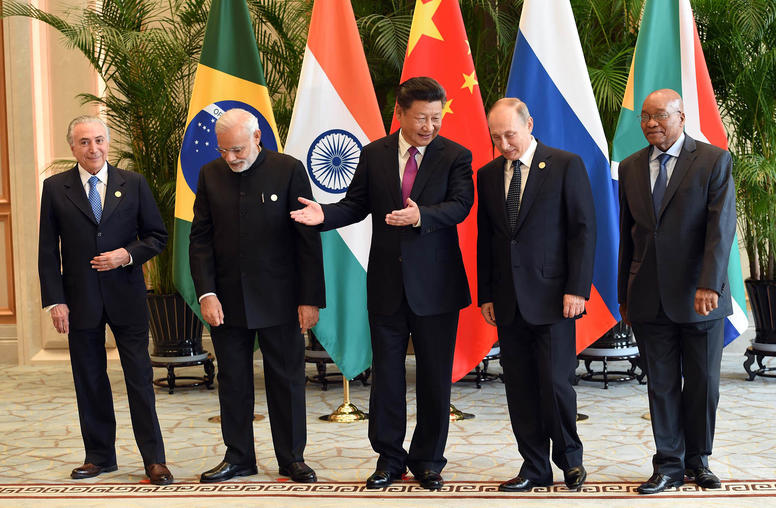
Xi and Putin Flaunt Deepening Ties, Flout the U.S.-led Order
Thirteen months after Russia’s illegal invasion of Ukraine, Moscow and Beijing are continuing to deepen their ties even as China has sought to portray itself as a neutral player in the war. This week’s summit between Chinese Communist Party leader Xi Jinping and Russian President Vladimir Putin comes on the heels of the International Criminal Court’s warrant for Putin for war crimes. For Putin, the summit demonstrated that despite Western sanction and opprobrium, Russia is not an isolated pariah state. Meanwhile, Xi used the summit to further the image he has tried to burnish of Beijing as a peacemaker and advance his vision of an alternative multilateral order, breaking away from the U.S.-led system.
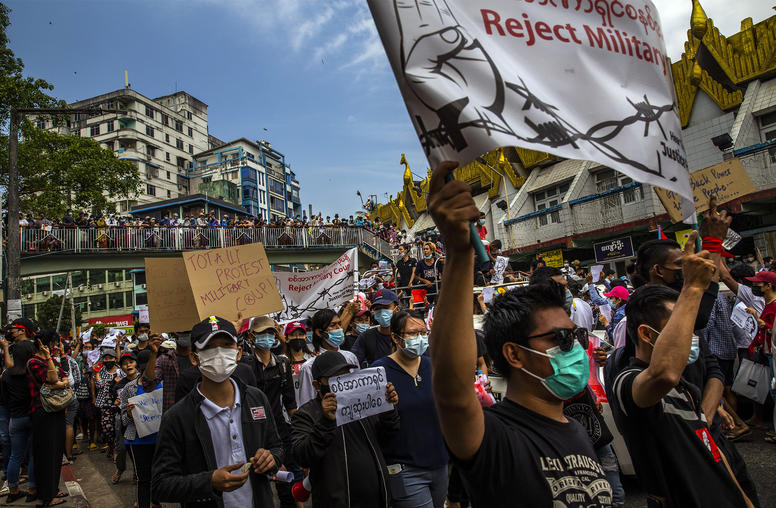
Support for Myanmar’s Junta Only Prolongs the Country’s Conflict
Myanmar’s coup regime, whose principal strategy for dealing with the country’s resistance movement is blunt, unrelenting brutality, benefits from three misconceptions prevalent in the international community: First, that consolidation of the military’s power is essentially inevitable; second, that absence of the generals’ regime would lead to a power vacuum and failed state; and third, that long-term military control is preferable to the status quo and would lead to stability.

Keith Mines on Securing Haiti’s Political Future
President Biden recently asked Canada to lead a security force to stabilize Haiti. While neither side “wants to do this as something that just props up the [interim] government,” a lack of action “doesn’t mean 11 million people go away. It just means we’re not paying attention,” says USIP’s Keith Mines.